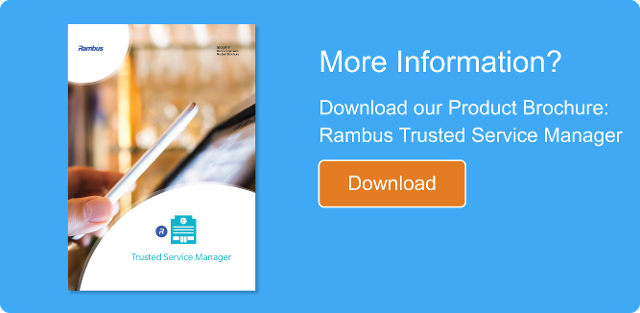Round one of the near-field-communication (NFC) landscape is complete. The trials and pilots brought to market were a success and provided companies and joint ventures with an opportunity to test both their business approaches and technical capabilities.
As we move into round two, which will decide the winners and the losers of this advancing ecosystem, the appointment of the right trusted service manager (TSM) to support and manage NFC applications and services is crucial.
Costs, Innovation and Security
Since the first tenders for TSMs and NFC software and services were written, one question was continually asked: how do we contain and control costs without compromising innovation and security, and ensuring we avoid vendor lock-in?
During the initial deployment phase this question was not so important. No-one knew the direction the industry would take and how their business models would develop during those infant years. But today, as we move into large scale NFC rollouts, the need to be able to multi-source throughout the lifecycle of a project is essential.
TSM Services for Contactless and Mobile Payments
The ‘big four’ SIM and smart card providers are seeking to dominate the ecosystem by offering TSM services to solidify their contactless and mobile portfolios (demonstrated recently with the announcement from security and smart card vendor Safran Morpho that it had acquired TSM services company Cassis). We are seeing the industry as a whole, through associations such as GlobalPlatform and the NFC Forum, implementing resources to standardize the marketplace. This industry effort is further supported by the release of papers and imminent rulebooks issued by governments and regulators regarding privacy and cloud security. The outcome of this collective work is a foundation that enables organizations to interoperate and multi-source.
Having the ability to multi-source ensures that a company maintains its flexibility, can request competitive quotes for services (not just today but also in the future), and be more scalable to future market and regulatory demands. It also means more options such as the choice of mobile network operator, as well as branding flexibility to meet different regional and end-user requirements.
In conclusion, a key business requirement for companies looking to manage their TSM traffic, costs and success will be the capability to flexibly manage connectivity to multiple sources and services. The need to avoid vendor lock-in is now central to the decision making process.
TSM Software
Bell ID’s TSM software solutions enable our existing and future customers to migrate TSM and EMV services, as well as manage multiple services easily. Being vendor and supplier neutral enables us to work with anyone on any project in the TSM ecosystem. This makes it easy to meet our customer requirements, rather than trying to get them to fit into a predefined offering!
Do you have any thoughts on the above? Join the debate on Twitter and LinkedIn.

